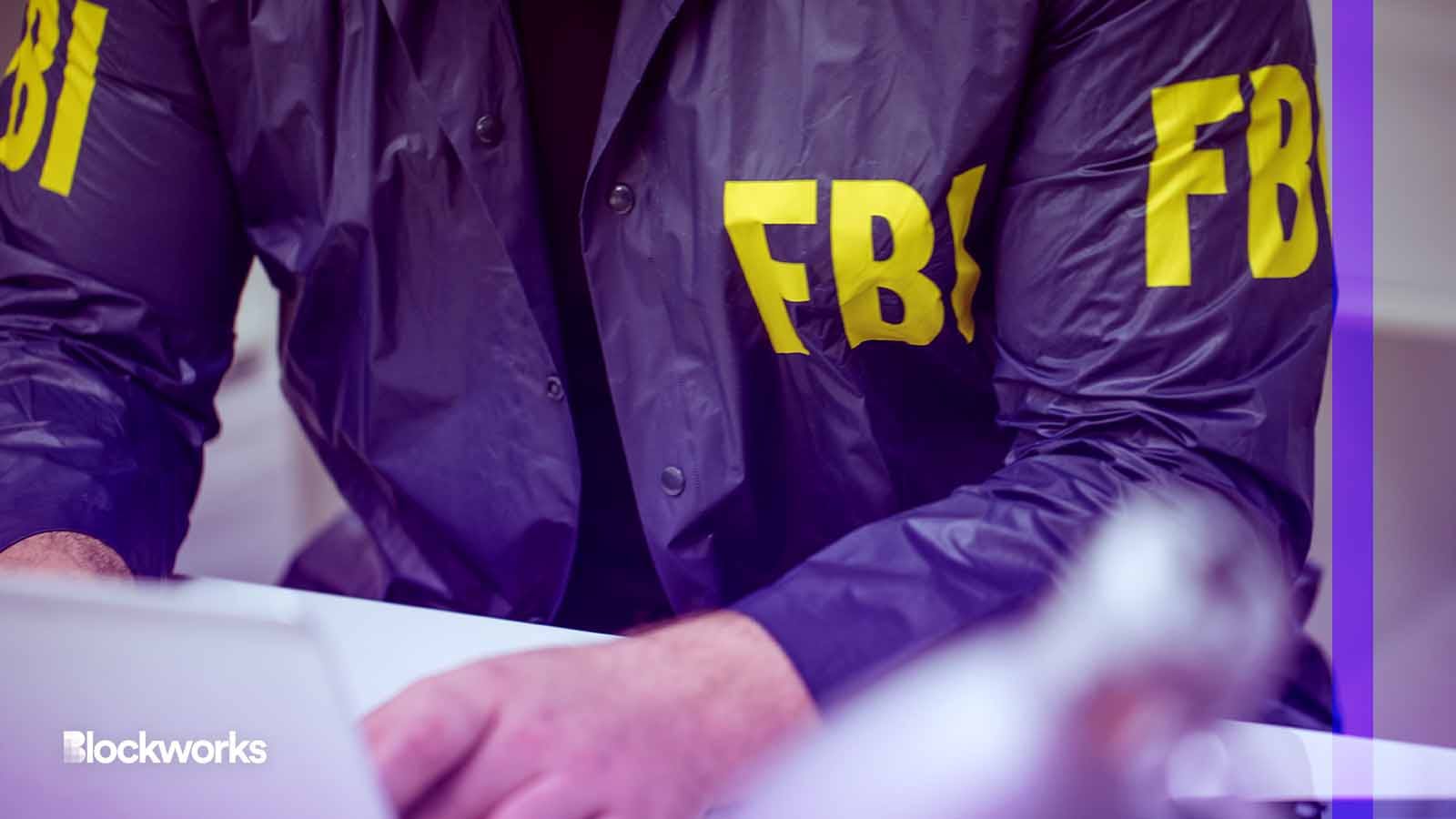FBI blames North Korea’s Lazarus Group for $40M Stake hack
While it’s unclear how they made the determination, the FBI has concluded the Lazarus Group is responsible for the Stake hack

Dzelat/Shutterstock modified by Blockworks
The Federal Bureau of Investigation announced their finding in a press release on Wednesday that the notorious North Korean-funded Lazarus Group is responsible for the $41 million exploit of gambling platform Stake.com. It is unclear how the FBI made this determination.
The announcement included a list of associated blockchain addresses. The agency wrote that “private sector entities are encouraged to review the previously released Cyber Security Advisory on TraderTraitor and examine the blockchain data associated with the above-referenced virtual currency addresses and be vigilant in guarding against transactions directly with, or derived from, those addresses.”
Stake was exploited for over $40 million across three different blockchains on Sept. 4. Hackers swapped various assets, spread them between addresses, and eventually sent large sums to the Avalanche blockchain via bridges, before converting synthetic BTC on Avalanche to native BTC – a conversion process that can potentially anonymize the transactions and make them more difficult to trace.
The Stake team has been notably quiet about the incident. There has been a lone Tweet from the official Stake account in which the team stated that “user funds are safe.” The company’s CEO, Ed “Eddie” Craven, joined a popular Twitch streamer earlier today to suggest that the streamer travel to North Korea to negotiate a return of funds.
It is not immediately apparent how the FBI came to the conclusion that Lazarus was the entity behind the attack. While Lazarus is known to use mixers, it is not uncommon for other hackers to deploy the same tools in order to cover their tracks.
A Stake representative did not respond to a request for comment by press time.
Various government entities have been staking claim to greater on-chain analytical sophistication in recent months. In July, representatives for the SDNY bragged in a press release about tracking assets across various blockchains, saying “none of those actions covered the defendant’s tracks or fooled law enforcement, and they certainly didn’t stop my Office or our law enforcement partners from following the money.”
Get the news in your inbox. Explore Blockworks newsletters:
- The Breakdown: Decoding crypto and the markets. Daily.
- 0xResearch: Alpha in your inbox. Think like an analyst.






